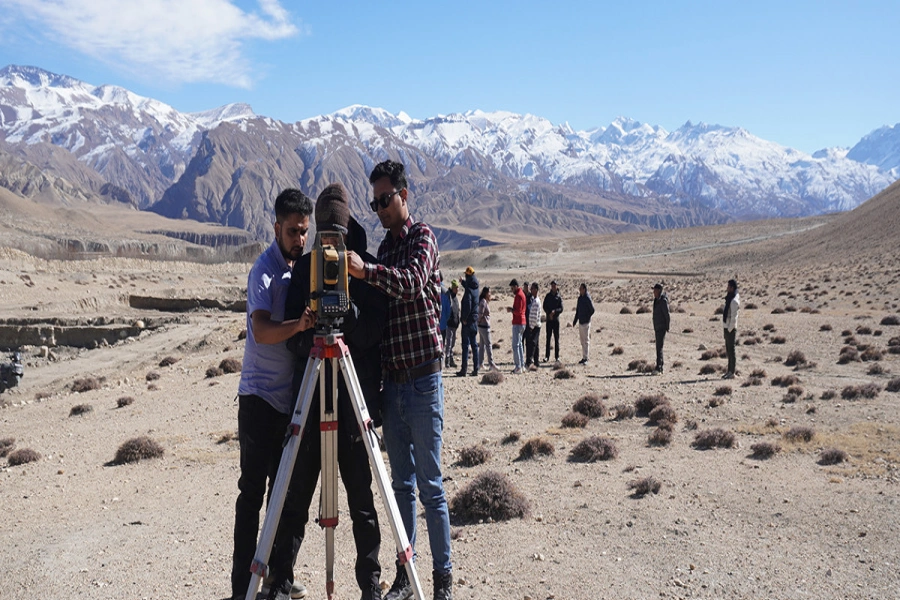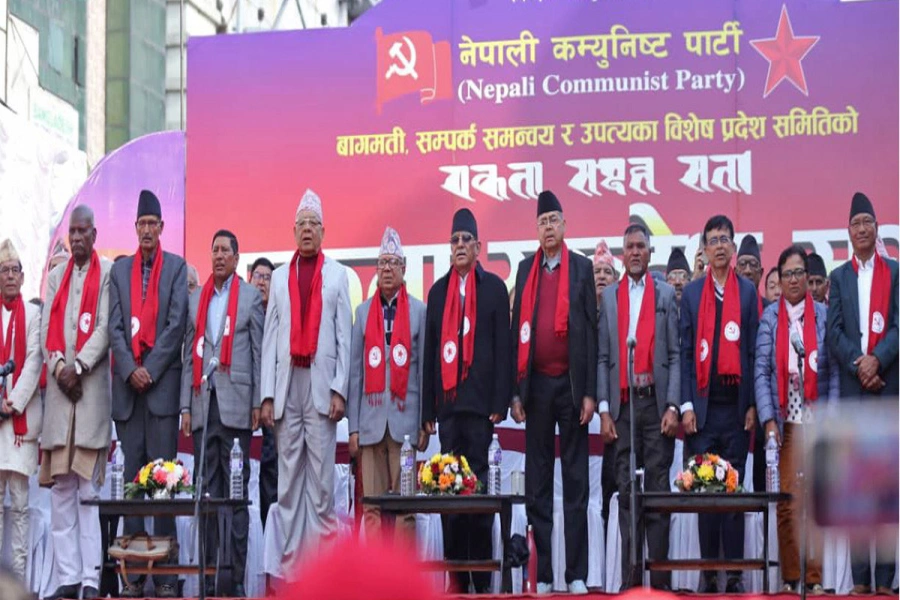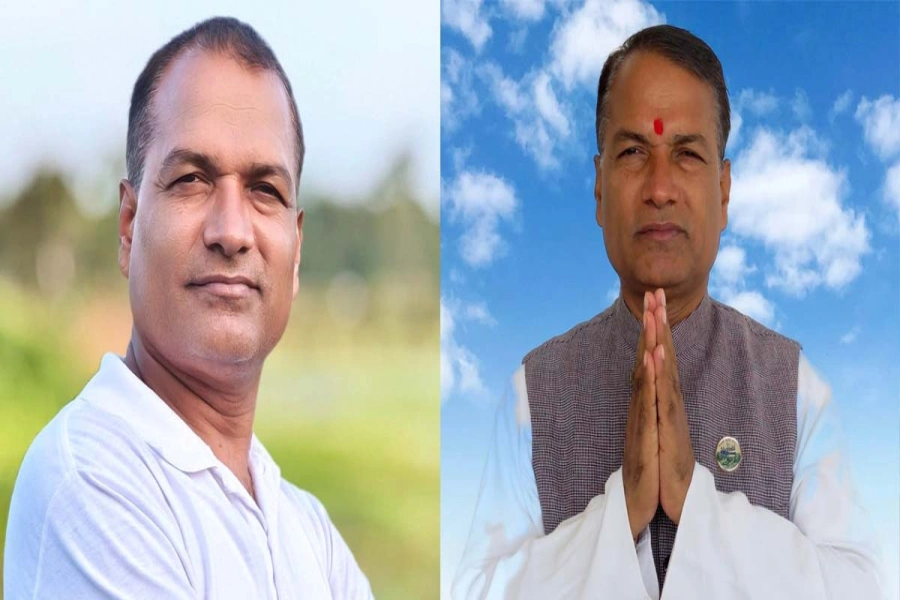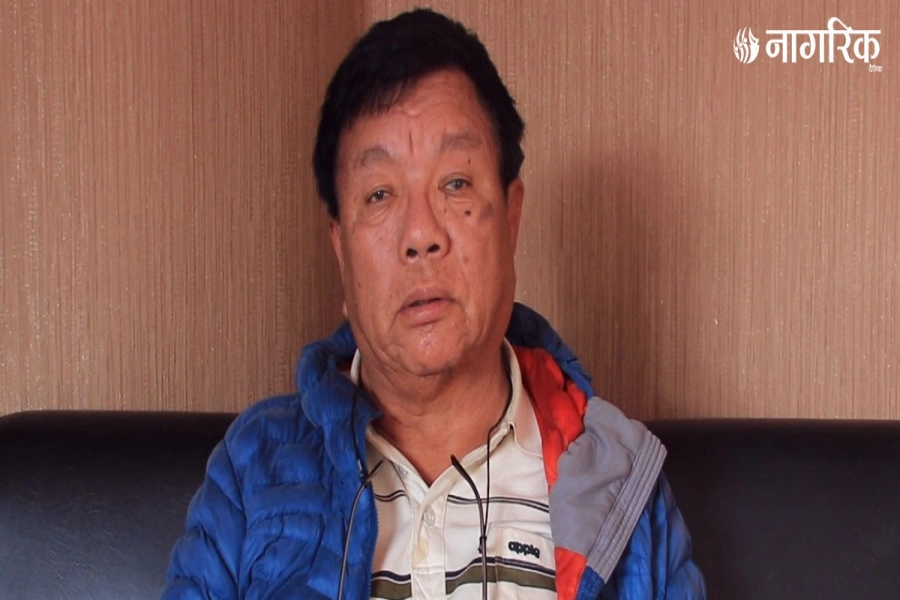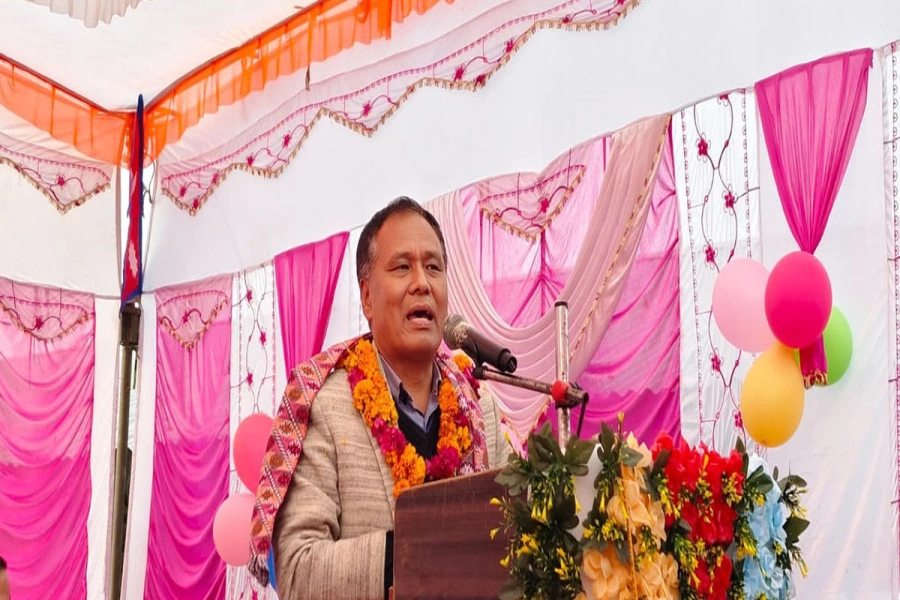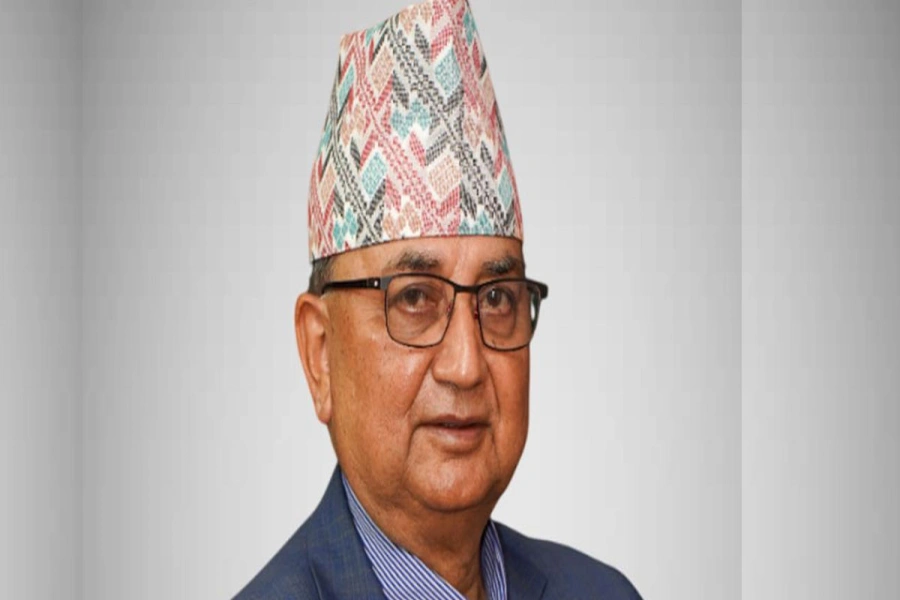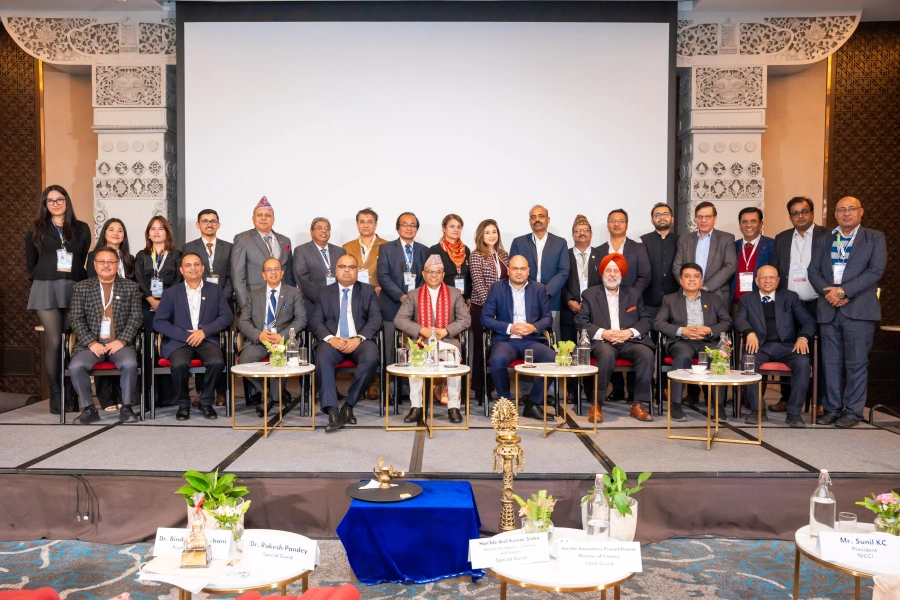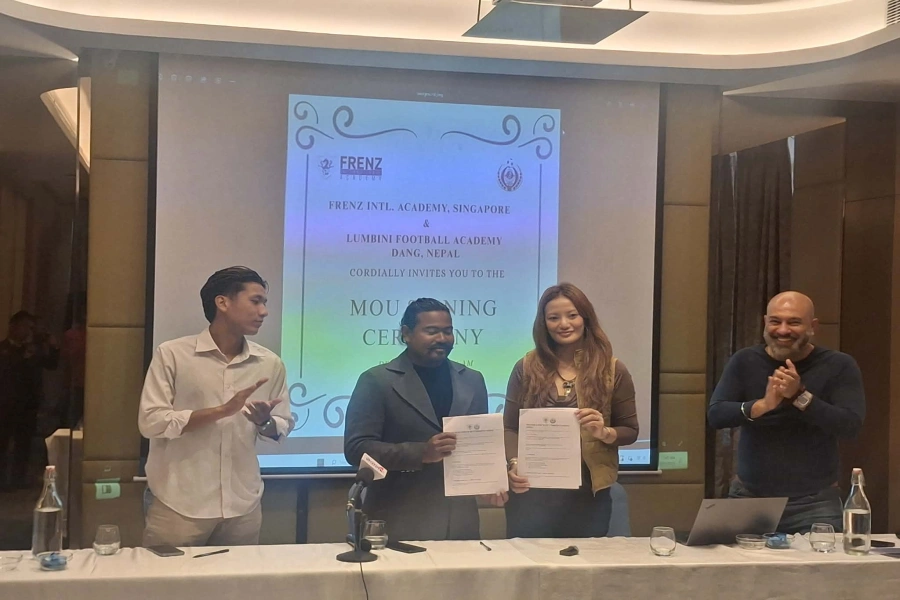Though it took a long time for us to provide abortion rights to women in Nepal we did not have to come to the streets for this like in Ireland
Leo Varadkar, Prime Minister of Republic of Ireland, called May 26, 2018 “a historic day for Ireland,” and said that “quiet revolution has taken place” referring to referendum on abortion in which people voted in favor. It is rather surprising that a country in Europe should provide reproductive rights to women only in 2018. In Ireland, a woman had no rights to abort the fetus and she could abort only when her life was at risk. She could not abort in case of rape, incest or fetal abnormality.
While I was following Irish referendum, I was thinking of Nepal. Though it took a long time for us to provide abortion rights to women we did not have to come to streets to make abortion legal. Yes, we had fought for a long time. We had to fight with government officers and the law makers, negotiate, conduct a lot of research and bring case studies of women who had died of unsafe abortion or women who had suffered a lot because of unsafe abortion. But we won the battle long ago. To make our voice heard we had to work with journalists so that they could raise the issue of unsafe abortion and show how it impacted women’s lives.
How it started
I still remember the sad day of September, 1986 when I was working in the emergency room of Maternity Hospital in Thapathali. At five in the evening a man with his severely ill wife entered the room. The woman lay down on the examining table and I could see pain in her eyes. She had fever and looked pale. I started to examine her, but could not find her pulse and blood pressure. As I had joined the hospital only three months earlier, after finishing my education as a doctor, I was not confident what to do with her but I was sure that we could save her. Our senior doctor came to the room, examined the patient and said “it is a case of unsafe abortion. We need to give her blood and start medicine immediately.” We were preparing for blood transfusion but after half an hour the patient passed away. I was shocked. I was confident that she would recover in a few days.
Later on, I learnt from her husband that the family had six children and the woman was pregnant again but they did not want to have the child. So they went to an old woman who had some knowledge of herbs and used to perform abortion in the community. The old lady gave some medicine and also inserted inside the vagina. After 24 hours, the fetus was expelled but woman started to have heavy bleeding and high fever. After the third day the husband consulted with the neighbors and brought the patient to the hospital. As they were poor the neighbors donated money for treatment.
Making abortion socially acceptable

She died because she had no money to to go the doctor to perform safe but illegal abortion. The incident disturbed me the whole night. The face of the patient and the husband’s story remained in my mind.
Then I discussed with seniors and nurses and said abortion should be legalized in Nepal so that women would not die because of clandestine abortion. Many did not agree with me. Instead, they said “abortion will never be legalized in Nepal. The government is strict and rich women who need safe abortion can get this service easily in private clinics. No one dares to speak for legalization of abortion.”
That was the day I decided that I had to speak up for this issue. I thought it would be easy to advocate for safe abortion, but it took me and many of my friends 18 years to make abortion legal.
I started writing in the newspapers why health workers should speak for safe abortion. As a government employee at that time I was not supposed to speak against the law of the country,but I took up the challenge. Without knowing I had become a health activist.
The case of Ireland
As I was watching news of referendum in Ireland I thought why women there wanted legalization of abortion. Then a face of young Indian doctor (dentist), Savita Halappanavar, 31, who died in October 2012 in an Irish hospital, came to my mind. She lost her life because she was refused safe abortion though she had miscarried and was very sick. She had asked several times to terminate her pregnancy as she had severe back pain and was miscarrying. But she was said: “Ireland is a Catholic country and abortion is not allowed till a woman’s life is in real danger.”
Later on Savita developed septicemia (poison in the blood) by which time it was already too late for abortion and she died in agony. Her family and friends were devastated. When this sad incident became the front page news in Europe, people in Ireland must have realized strict abortion laws should be changed.
In Nepal, when I started to speak to human rights activists and brought the sad case of women dying of unsafe abortion people began to say ‘yes abortion should be legalized.’ But only after 1990, the issue received much attention and people and policy makers started to raise voice for abortion.
Looking back, I feel proud that we were able to save lives of many women through safe and legal abortion. Maternal deaths because of unsafe abortion have gone down drastically in Nepal. I feel proud that health workers and activists of Nepal were far ahead than people of Ireland in many ways.
We still have a lot of challenges to provide safe abortion services to rural women in Nepal. But we have come a long way. Making abortion legal was one of the milestones of my life.
The author, a medical doctor, writes on health and nutrition






